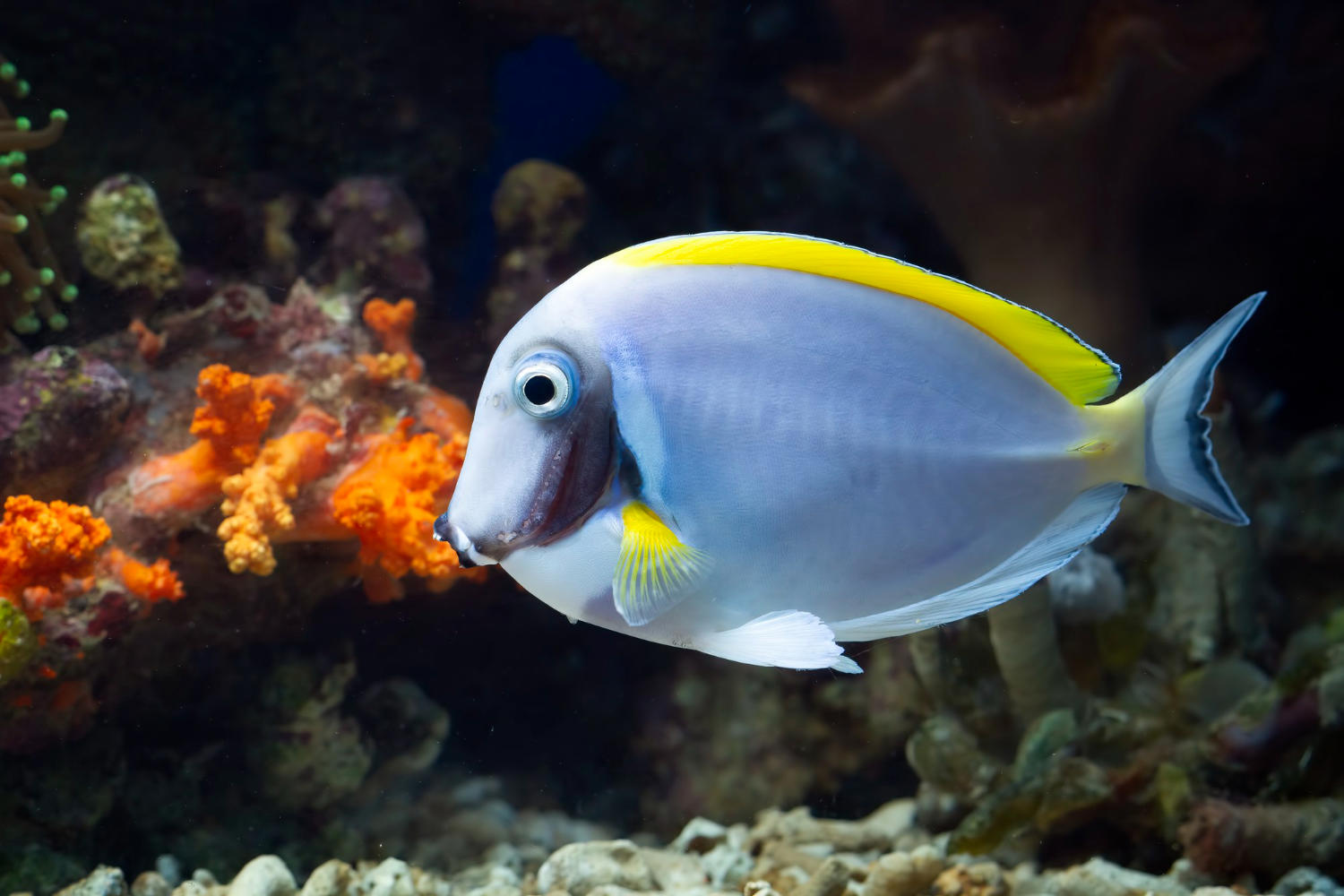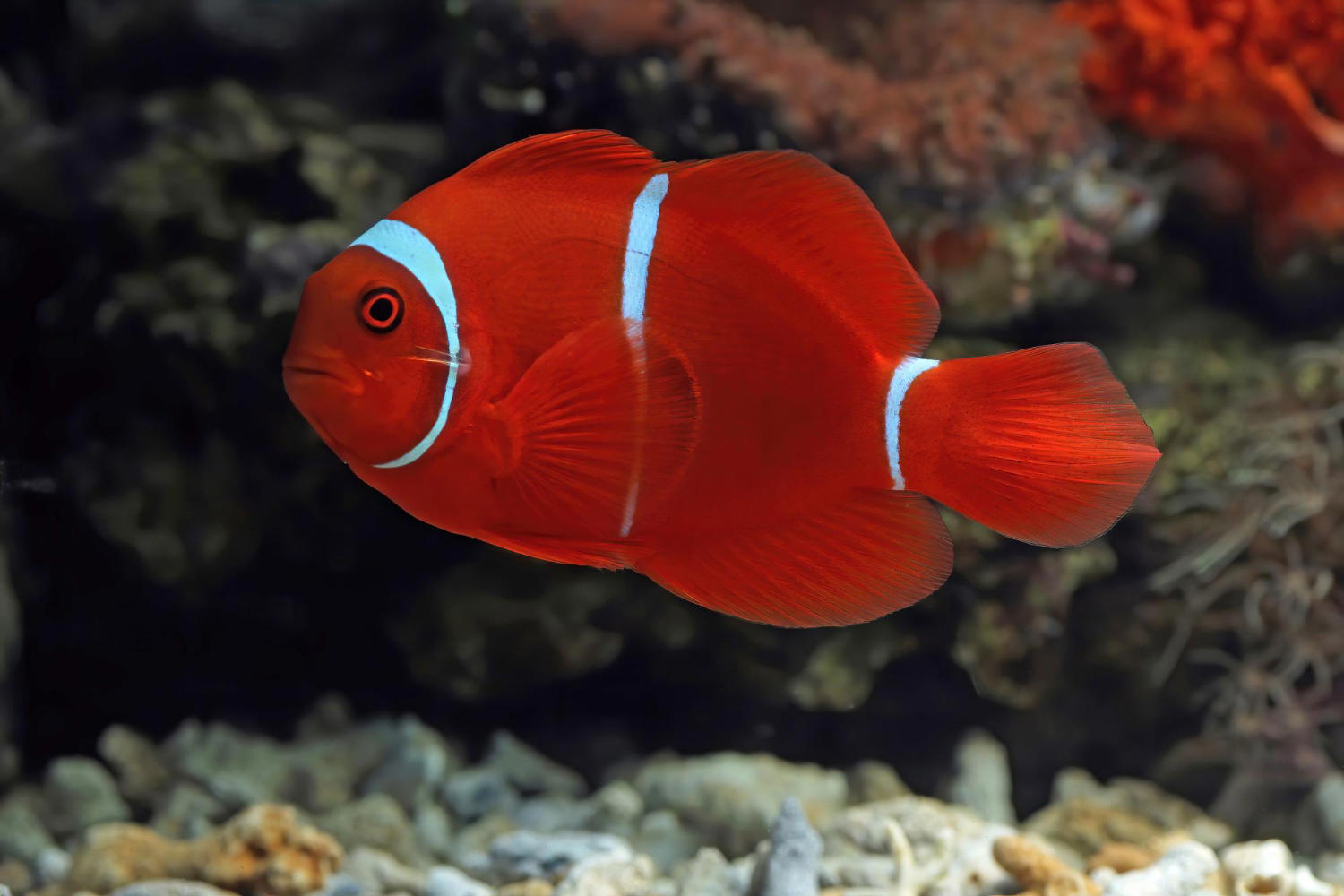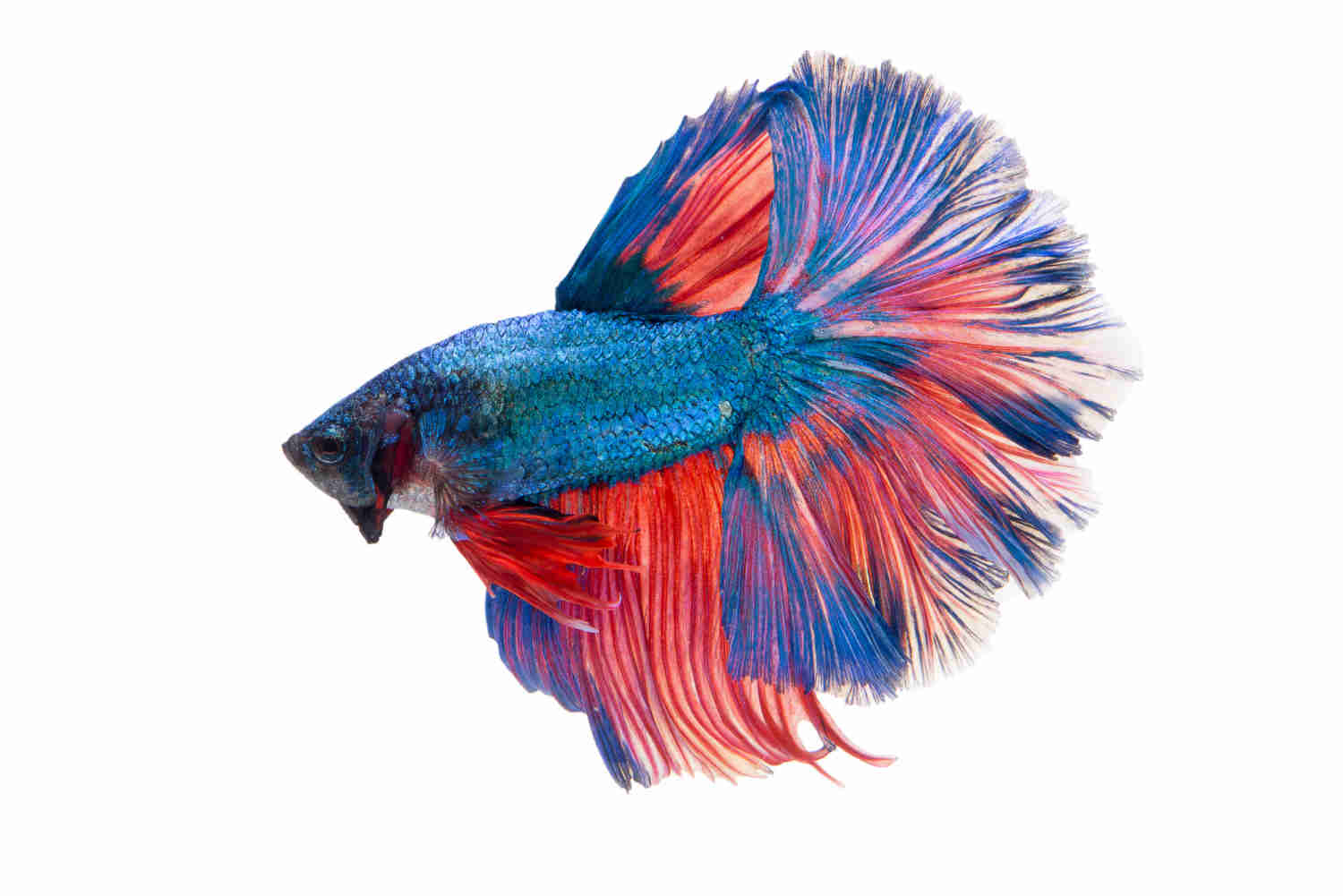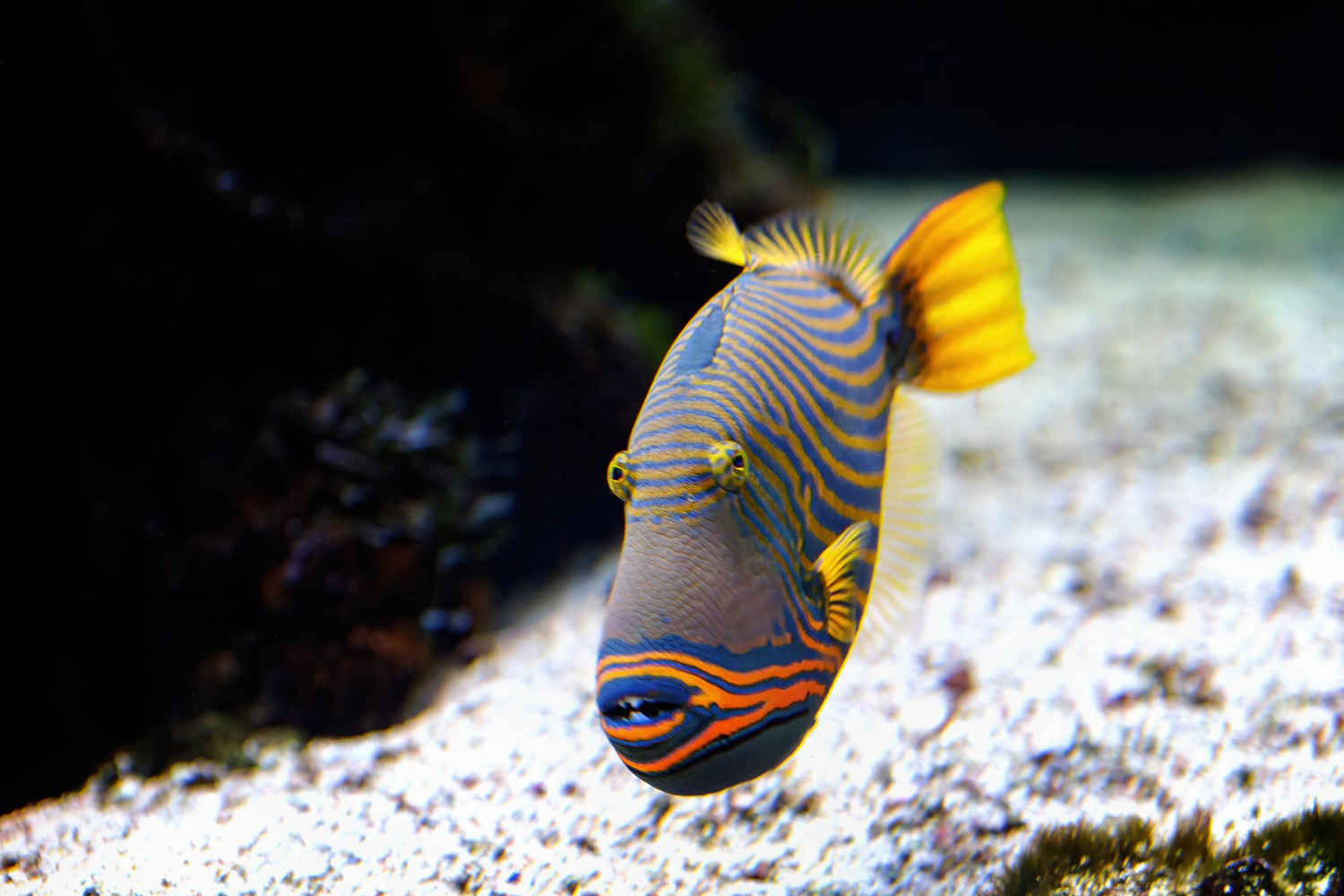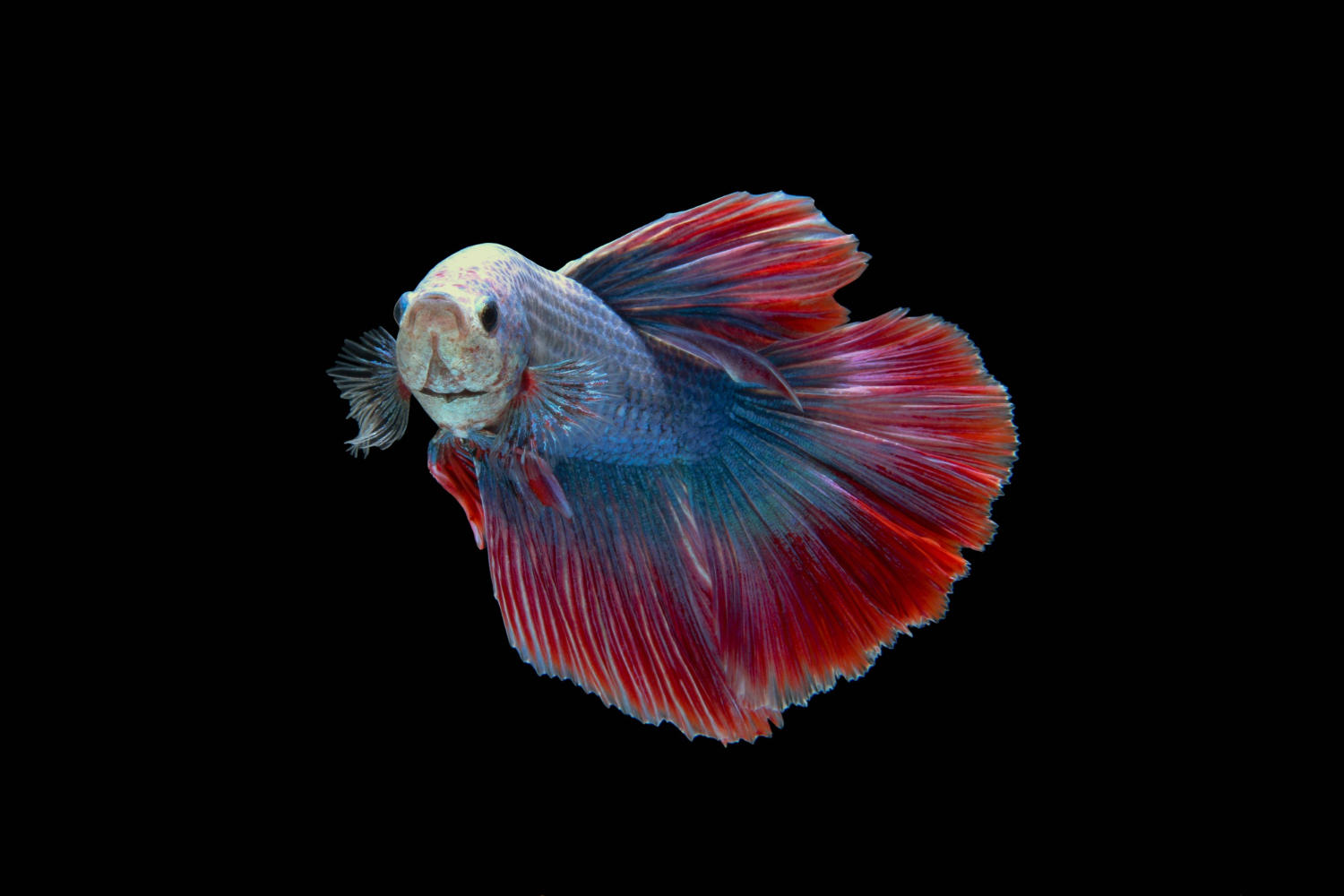
Fish are some of the most fascinating creatures on the planet. From the largest whales to the tiniest minnows, fish come in all shapes and sizes. But how long do they actually live? This post will explore the lifespan of fish and answer the age-old question: how long do fish live? We’ll dive into the research to uncover the secrets of fish longevity and discover what factors play a role in determining how long a fish will live. So, let’s take the plunge and unveil the lifespan of fish – you may be surprised by what we find!
Fish come in a wide variety of shapes and sizes, and they inhabit the oceans and freshwater sources of the world. As a result, it can be difficult to determine the average lifespan of fish. However, research has indicated that the lifespan of fish can vary greatly depending on the species and its environment.
The average life span of a fish can range from a few months to several decades. Smaller fish, such as guppies, usually live for about two years, while the larger species, such as sturgeons, can live for up to 60 years. Many species of tropical fish, including clownfish and angelfish, have a lifespan of about five to eight years.
In addition to the species, the environment in which a fish lives can also have an effect on its life expectancy. For example, fish that are kept in captivity tend to live longer than those that are wild-caught. This is because captive fish are usually provided with better nutrition, living conditions, and medical care. In the wild, fish may be more exposed to predators and diseases, which can shorten their life span.
A fish’s age can also be determined by examining the rings on its scales, similar to the way a tree’s age is determined. The growth rings correspond with the age of the fish and can be used to estimate its life expectancy.
The lifespan of a fish can also be affected by the amount of stress it experiences. Fish that are exposed to high levels of stress, such as overcrowding, can have shorter life spans than those that are in calmer environments. Too much stress can cause a fish to become ill more easily, which can reduce its life expectancy.
The lifespan of a fish can also be affected by its diet. Fish that are fed a balanced and nutritious diet will generally live longer than those that are not. A healthy diet should include a variety of proteins, vitamins, and minerals.
In addition to these factors, the lifespan of a fish can also be impacted by its genetics. Some fish species, such as salmon, have a genetic predisposition towards a longer life span.
Overall, the lifespan of a fish can vary greatly depending on its species, environment, diet, and genetics. While some fish may only live for a few months, others can live for decades. Therefore, it is important to research the species of fish before buying it, as this can help to ensure that it lives a long and healthy life.
In conclusion, fish are remarkable creatures that can live for a surprisingly long time. With the right care, species like the Koi fish can survive up to 200 years, while other species like goldfish may only live up to 10 years. Ultimately, it is difficult to determine the exact lifespan of fish without knowing the specific species and their living conditions. However, understanding the range of lifespans can help you plan for the future and ensure that your fish can live a long and healthy life.
Please follow us on Social Media


.jpg)

